Advancing the Work
Launch offers both national partners and site team members the time and space for collaboration and shared learning. This learning continues to drive systems-level change that meets the needs of today’s learners and employers.

Launch Community of Practice
A Launch Community of Practice was established in 2025 to increase and strengthen the national pathways conversation across the 14 participating states. This community encourages bold thinking to address systemic barriers and connects states through learning events and shared resources to elevate promising practices, policy trends, research, innovative models, tools, and stories from across the Launch ecosystem and beyond. As members of the Community of Practice, each state also has access to timely support from the Launch national partners for strategic support and thought partnership. This mixed model approach allows the Community of Practice to serve as a space to advance the work.
How Launch Teams are Advancing the Work
All Launch members share the vision of building and implementing high-quality pathways with seamless transitions, credentials of value, quality work-based learning, and strong advising. Each state’s approach to the work varies and each state is leveraging Launch in a different way.
COLORADO*
Ensure that all students, by the time they graduate from high school, have no-cost access to and will have attained at least one of “the Big Three”:
- 12 college credits aligned to an intentional postsecondary pathway
- a meaningful work-based learning experience
- an in-demand industry credential
All in alignment with an individual learner’s informed pursuit of passion, purpose, and economic mobility.

DELAWARE
Create an aligned governance model that disrupts barriers for students of color and women pursuing high-demand pathways across Delaware. This work involves:
- streamlining policy
- developing career navigation resources
- expanding pathway opportunities, including work-based learning, dual enrollment, and high-value credentials
These efforts aim to increase student diversity and improve the connection between education and good jobs.

ILLINOIS*
Reduce friction and loss of learners in the transition from high school graduation to college by better connecting financial aid processes with simplified community college admissions, coupled with targeted student support.
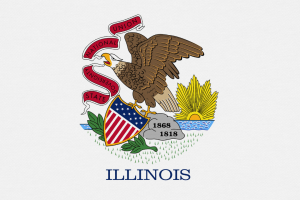
INDIANA
Expand and replicate Multi-Sector Collaboratives (MSCs) as a vital, sustainable structure to align Indiana’s education and employment systems at the regional level.
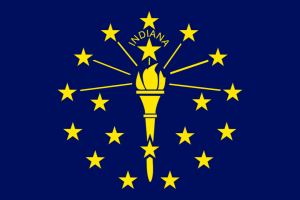
KENTUCKY
Strengthen the scope and scale of college and career advising for middle and high school students so that every student can access intentional, holistic career advising.
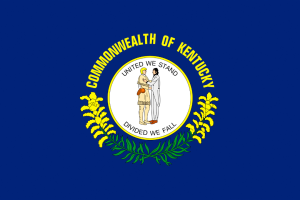
MARYLAND*
Strengthen individualized student coaching to close opportunity gaps and increase engagement, persistence, and success in career-connected pathways—ultimately improving postsecondary outcomes.
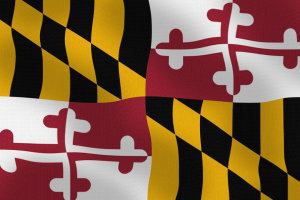
MASSACHUSETTS
Deepen the integration of career into the Early College model. This will better prepare students to not only gain a college degree, but to translate that degree into lives of choice and family-sustaining careers.
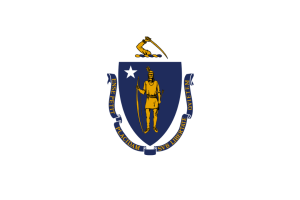
NORTH CAROLINA*
Establish regional infrastructure to support the full-scale implementation of a statewide Career Advising System led by the Statewide Career Development Collaborative.
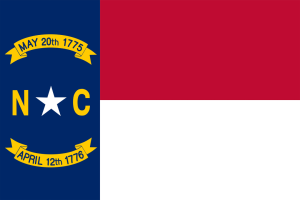
OHIO
Build shared responsibility among employers, education, government, and philanthropy to blur the lines between high school, college, and work—ultimately helping more underserved students land high-wage, high-demand, high-growth (H3) jobs.
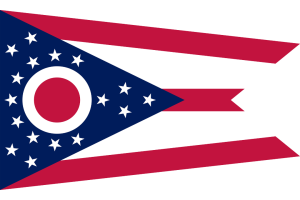
RHODE ISLAND*
Career and Technical Education (CTE) for All, ensuring 100% of high school students graduate high school having participated in CTE, a work-based learning experience, and completion of a credential of value.

TENNESSEE*
Address the barriers employers face in Work-Based Learning (WBL) to dramatically expand access to high-quality WBL, especially for underserved and rural students.
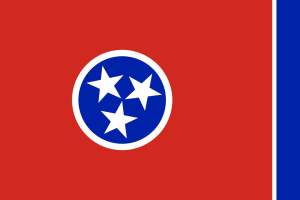
TEXAS
Foster collaboration across education and workforce to co-design integrated WBL experiences for high school students enrolled in a healthcare CTE program.
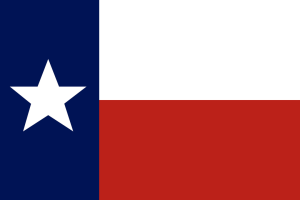
VIRGINIA
Integrate meaningful, outcome-centered career exploration into the student experience beginning in elementary school to ensure all students are prepared for enrollment, enlistment, or employment by the time they graduate.
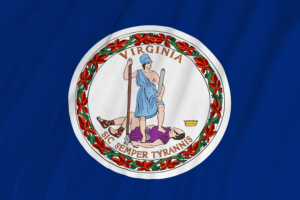
WASHINGTON
Improve data availability and use, specifically to develop a clearer picture of student access and outcomes.
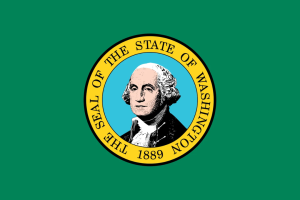
Accelerator Grants
Six states from the Launch Community of Practice (marked with a “*” above) will receive direct grants to sustain and accelerate their visions to propel learners along high-quality pathways. Building on concepts developed in Launch’s first phase, these states will implement pragmatic, learner-focused solutions. For instance, states will explore how they can expand access to high-quality experiences that are proven accelerators for advancement: CTE programs of study, work-based learning, dual enrollment, and career advising. Beyond direct funding, local and national partners will expand the capacity of site teams through customized technical assistance, partnership, and data analysis. At every step, the work of Launch teams will center cross-sector partnerships, learner-focused solutions, and dismantling pervasive barriers to advancement at the institutional (e.g., a high school) and system levels (e.g., K-12, workforce, postsecondary).
Join the Launch email list to receive updates and information on all things Launch!

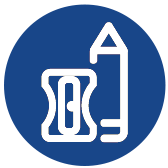 Impact Site
Impact Site Innovation Site
Innovation Site